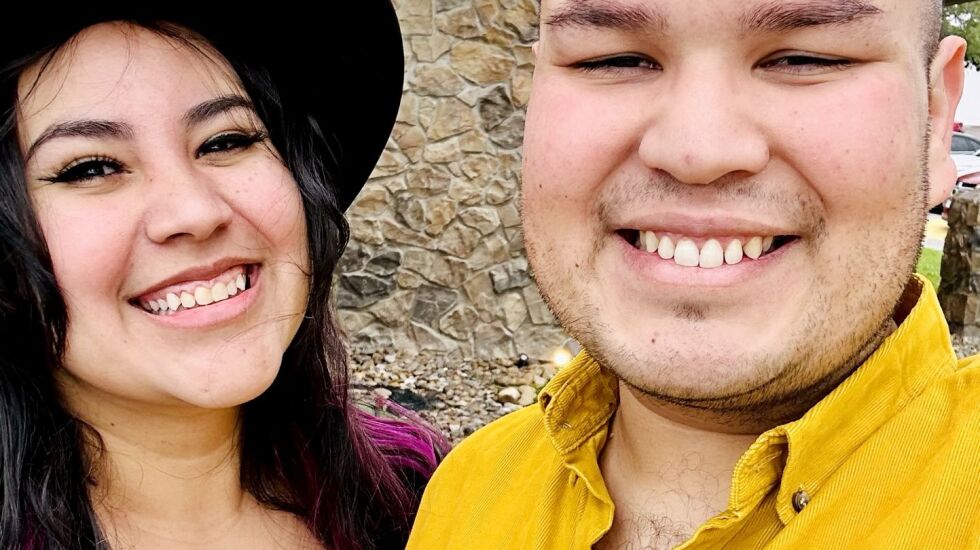
At our high school graduation, my best friend Belinda and I were lucky enough to be alphabetically seated next to each other. As the ceremony took place, we nervously held each other’s hand in support and emotionally braced for our next stage in life.
A few months prior, however, we got into an argument. Thanks to me.
Our friends gathered during lunchtime and announced what school they decided to go to. I would dive into music in a college town about two hours away from home. Belinda said she would attend a community college a few minutes away.
I stopped and immediately said, “Belinda, no! You can’t do that. You need to go to a university.” While trying to persuade her to change her mind, I judged her for “thinking too small.” And I undermined her plans instead of supporting them.
Looking back, my stupid actions stemmed from societal pressure of having a plan and unrealistic expectations of the “perfect path.”
After years of guidance and support from parents and teachers, having a plan is one of the biggest challenges we’re presented with.
“Here are all these possibilities. Now make a choice. What do you want to do for the rest of your life?”
As students start their new year and the pressure of providing people with a plan gets heavier, here’s some advice from a 31-year-old man:
Choosing and committing to one plan does not come easy
Some people in their 20s and 30s are still figuring out who they want to be. That includes college students brave enough to admit they haven’t decided on a major and people in their third professional job still questioning if they made the right decision.
If you were to write a 10-year plan for yourself in the future, chances are most of that vision will not match where you will be in life then. And it’s not because you’re incompetent or unworthy; it’s because circumstances and dreams change daily.
Keep an open mind in school and beyond
Instead of having one plan, narrow down a list of possibilities you would be happy to explore. What subjects come easily to you? What are you passionate about outside of school?
We might be students in the same classes, but we go home to a different life that also influences our future.
In my last year of high school, I was deciding between being a writer because it came easy to me, being a music teacher because I loved music and being a respiratory therapist because my dad experienced health issues my last year of high school.
I decided on music, but when I saw the journalism table during student orientation, I took a chance and asked a journalism professor to sign me up for classes.
The “right” decision is different for everyone
My experience worked for me.
Belinda had a plan that worked for her and proved me wrong. She graduated with no student debt, bought her first car with her credit in her early 20s and became a homeowner before she turned 30.
As students try to figure out their futures, they should turn the “life plan” question around to adults and ask, “When did YOU find out what you wanted to do for the rest of your life?”
Be prepared for varying answers.



.png?w=600)



